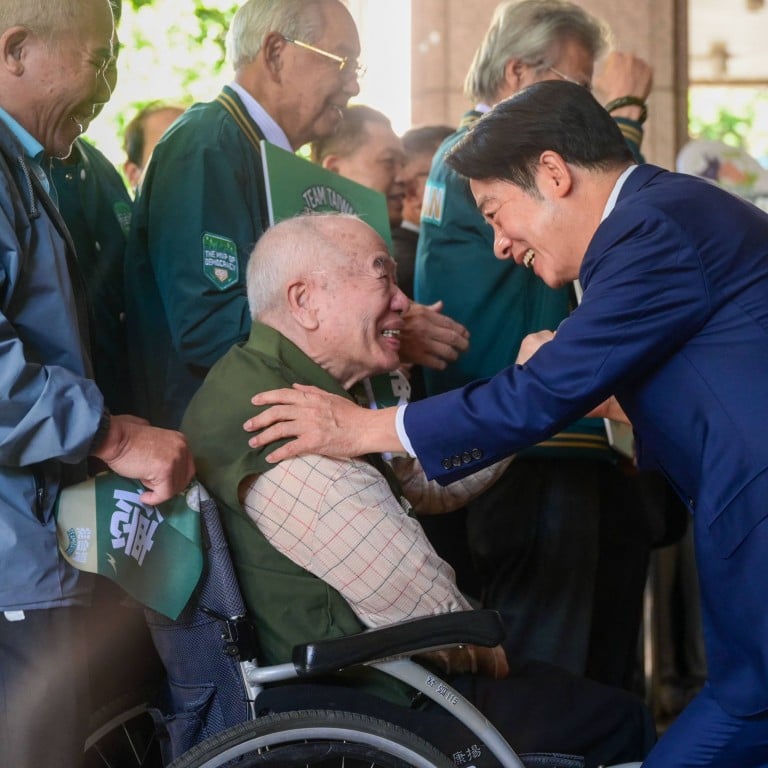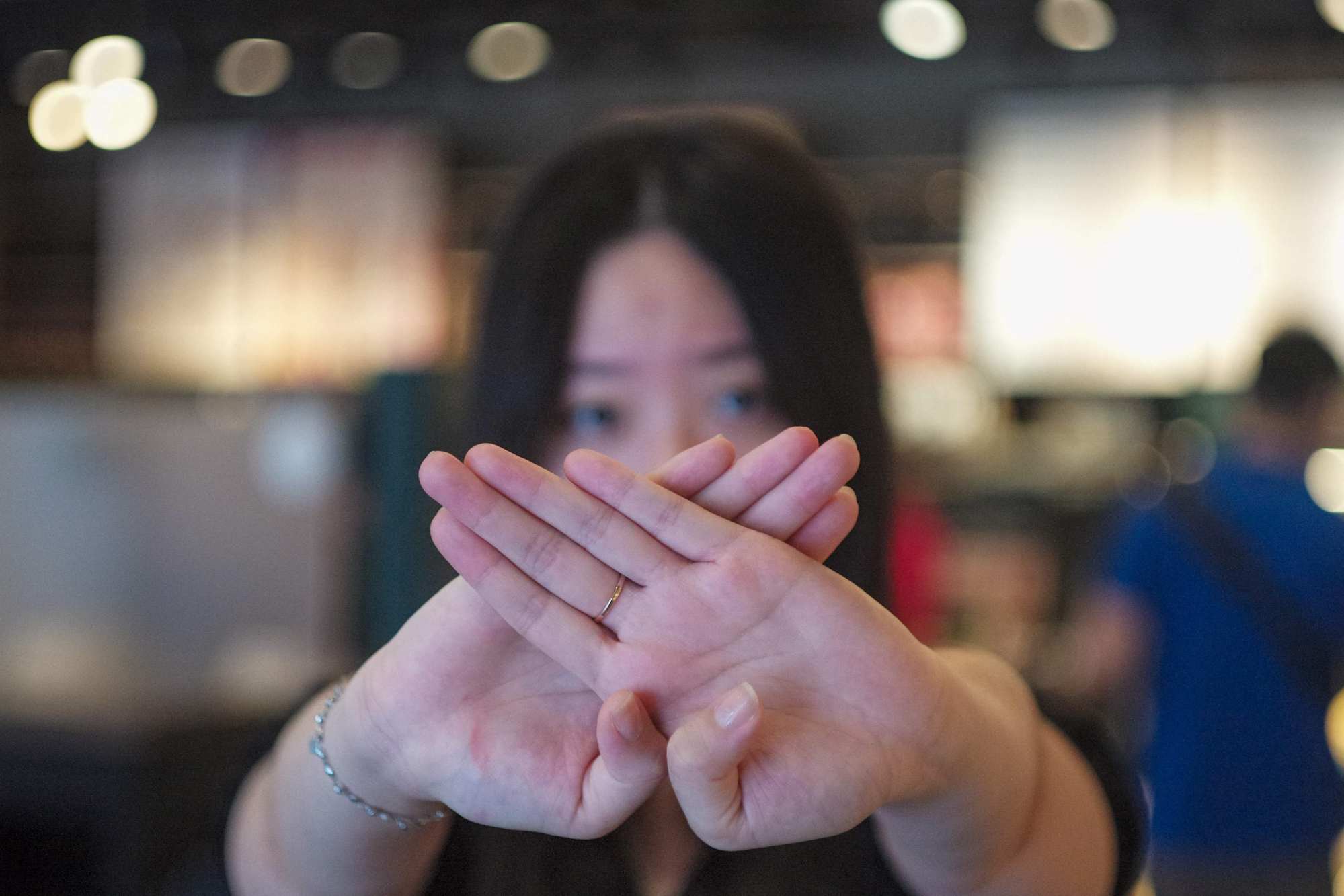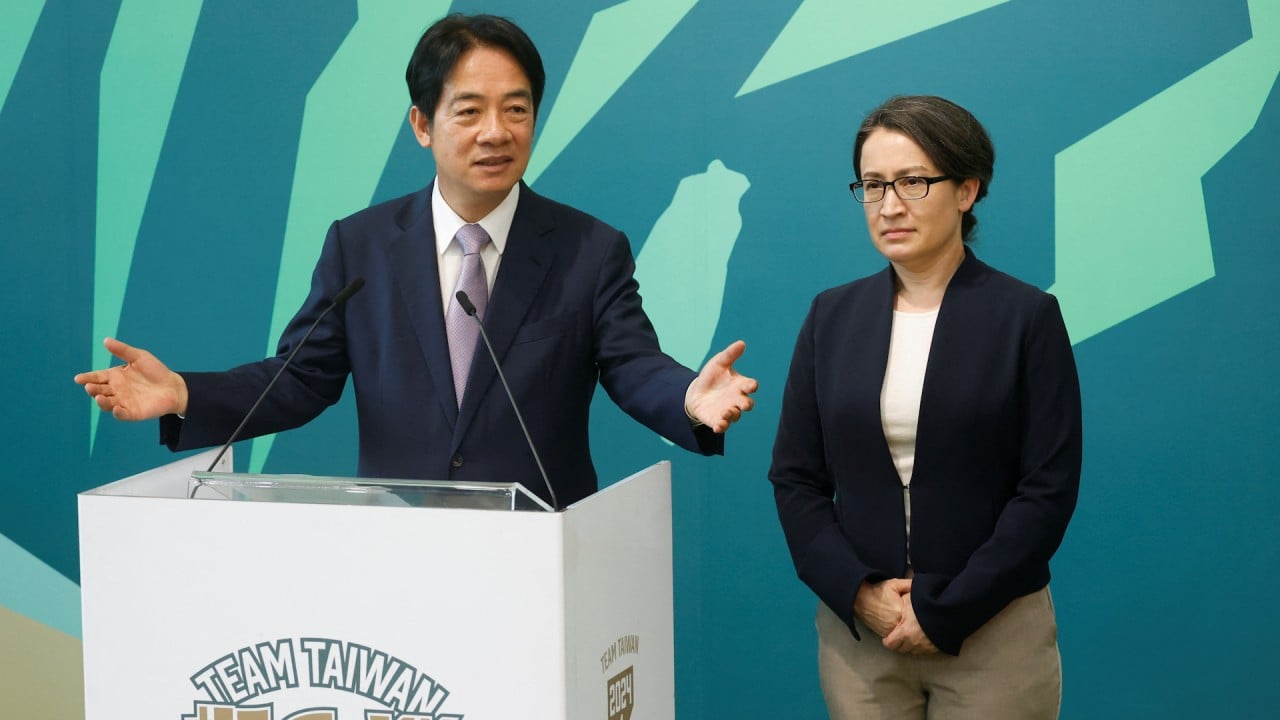
Taiwan election 2024: why the DPP is facing an uphill battle
- Since Tsai Ing-wen came to power, Taiwan has attracted more Western political attention but the government has faltered in many domestic policy areas
- Younger voters are deserting the ruling DPP, and the party’s presidential candidate faces widespread discontent
With less than two months to go before Taiwan’s presidential election, the ruling Democratic Progressive Party (DPP) is facing problems.
The New Southbound Policy, Tsai’s flagship initiative to promote economic diversification towards 16 Asian countries, as well as Australia and New Zealand, has not been a major success. Taiwan’s top trading partner remains mainland China, by a large margin.
In the domestic arena, the government has not had much success either. Home prices in Taipei, and across Taiwan, are among the highest in the world, especially when considering gross domestic product per capita and wages. Salaries in Taiwan have not kept pace with housing costs and are generally low, while the minimum monthly wage remains below NT$30,000 (US$950 or HK$7,400).
The ruling party has also gained a reputation for poor internal management following last year’s local elections. There was a vote-rigging scandal; a high-profile candidate had to withdraw from a mayoral race after a thesis plagiarism scandal; and there was talk of unsavory links to the criminal underworld after 88 shots were fired at the office of a DPP politician and a tech company reportedly linked to another DPP member.

The scandal involved several issues: a large number of imported eggs had to be discarded due to damage, a little-known distributor was accused of receiving a suspiciously large amount of government subsidies, and eggs imported from Brazil were found to have been distributed with incorrect expiry date labels. The eggs were only imported in the first place to plug a recurring shortage.
Taiwan’s #MeToo scandals are the tip of an iceberg of human rights problems
Yet, despite the scandals and problems, the DPP has managed to hold on to its core supporters, and continues to enjoy support from Washington.
However, such allegations, made without solid evidence and examples, come across as paranoia, or desperate attempts to silence valid criticism.
Hilton Yip is a journalist and editor based in Taiwan


